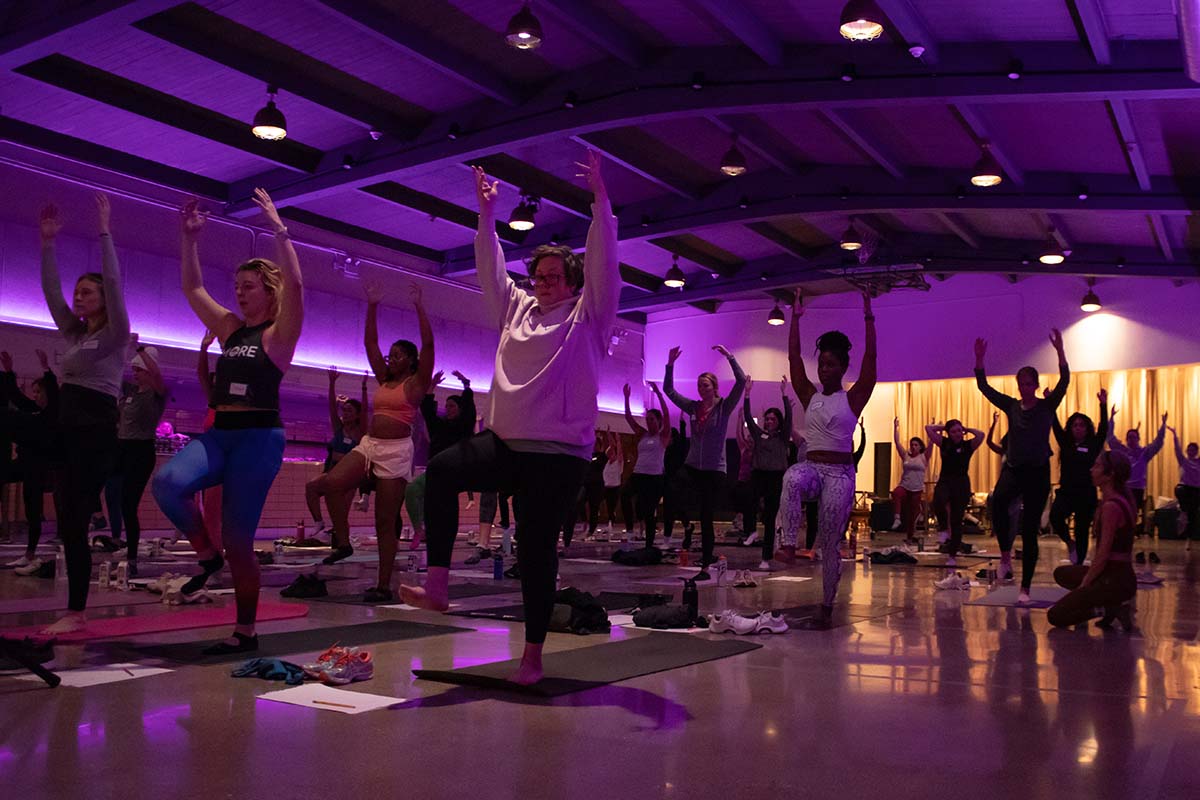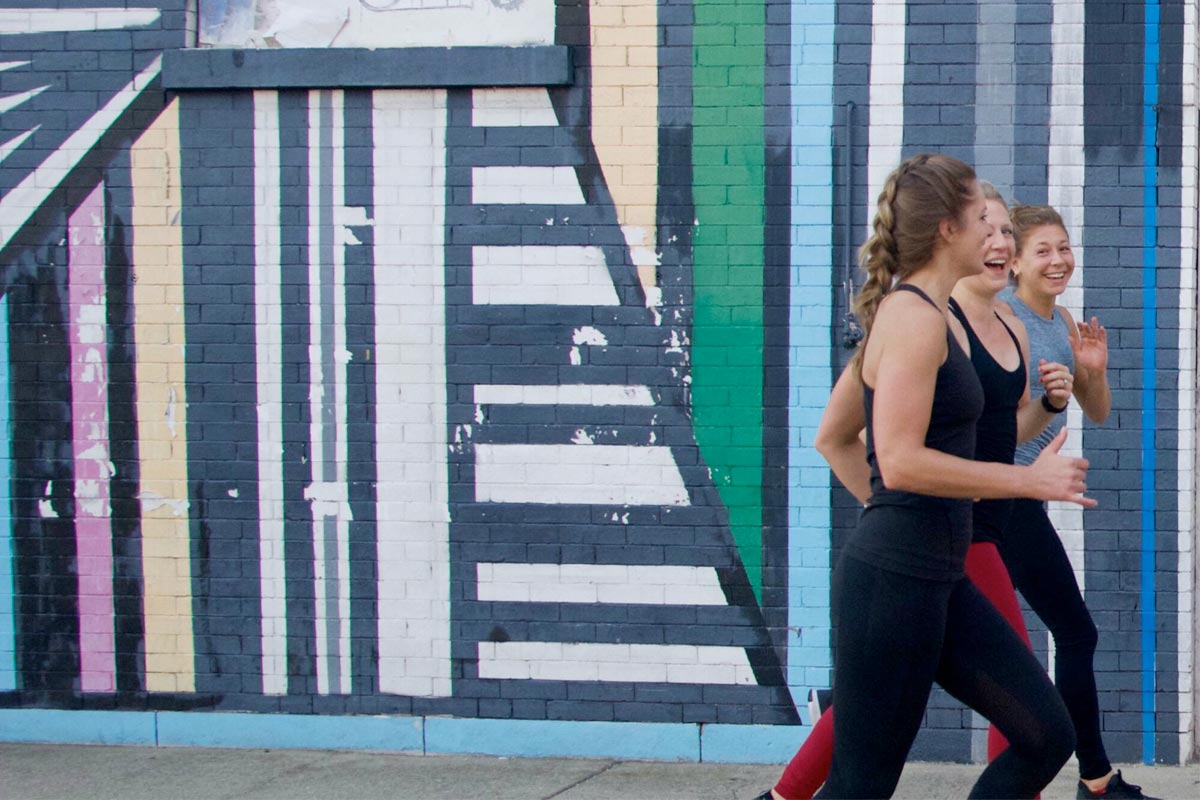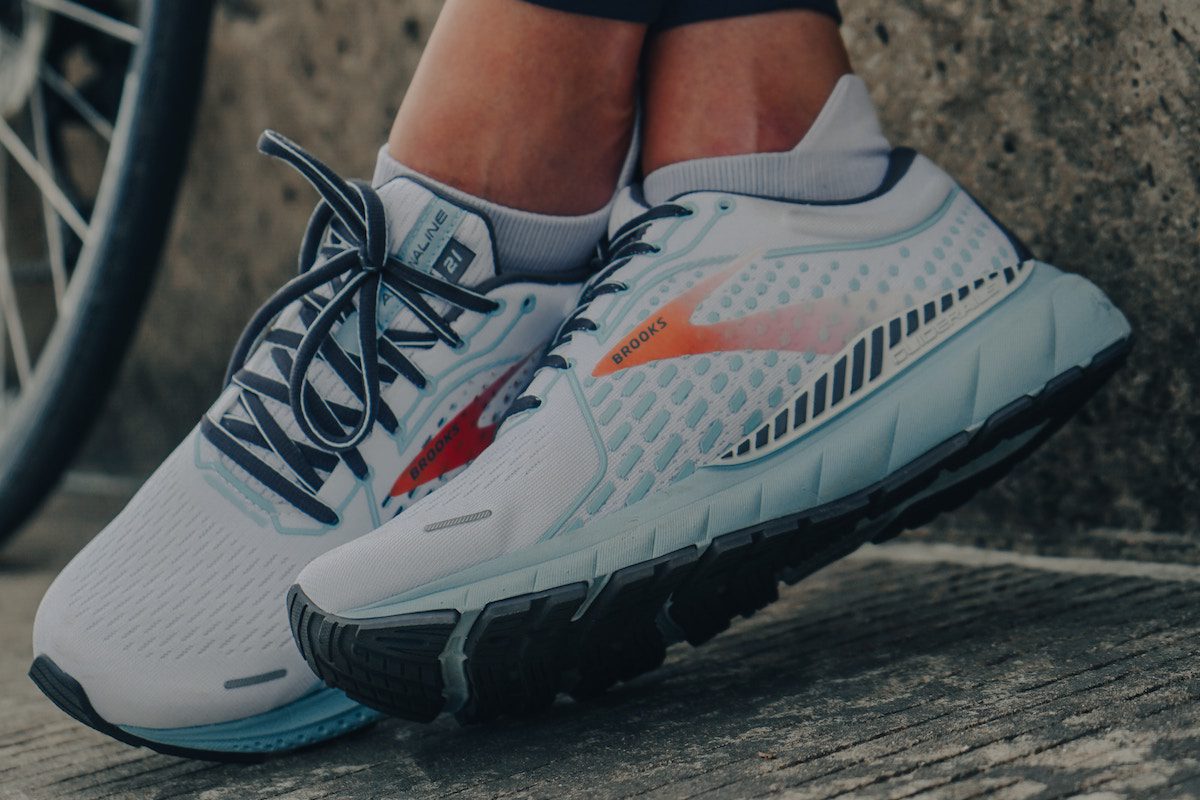The Benefits of Running Slow
When I started training for my first marathon, I did what any nerd-at-heart would do and read literally every “How to Train for Your First Marathon” article, book and website that existed. And when it came to reading about the dreaded long runs, they all said pretty much the same thing: it’s a long, slow, easy distance run that should be run at … 45-90 seconds slower than your goal pace.
Huh?
In my mind, that made no sense. If my goal is to run a marathon in 9-minute miles, shouldn’t I do all my long training runs at that pace so that I get used to it?
Apparently not. Here’s why running slow helps you get faster.
Recover Faster
According to Susan Paul of Runner’s World, those new to distance running need to keep the pace easy so that there’s less wear and tear on their bodies. That way, you can recover more quickly and stay on track with your training. Simple enough.
Fuel with Fat
When you run long distances at a slow pace, your body fuels more heavily on your stored fat than on stored carbs, which conserves your glycogen storage and helps you avoid hitting that notoriously sucky “wall.” Faster paces, meanwhile, rely more heavily on fueling with carbs (glycogen) than fat. Train at slower paces to teach your body how to fuel with fat rather than your precious glycogen.
Strengthen Your Feet
I know, I know – who thinks about the muscles in your feet needing strengthening? However, event planners, chefs and other people who are on their feet all day will be quick to tell you just how sore your feet can be after several hours of standing. By taking your long runs extra slow, you’re gradually training your feet to be able to withstand a full 26.2 miles.
Mental Toughness
Surprise! Marathons are uncomfortable. There are going to be times during your training and your race when you want to tear off your bib and Uber to the nearest Dairy Queen. Unfortunately, Ubers aren’t allowed on the lakefront path, and they stay away from races because the streets are usually closed, so you’re SOL and really you should just gut it out.
Running your long runs slow may seem mentally easier, but the extra seconds and minutes add up quickly, giving you more time to second-guess your marathon dedication. For me, the last five miles of a marathon are without a doubt, the worst 45-ish minutes of my year. I curse myself, I try to do mental math in my head to figure out how many songs I have left before I finish, and then I get frustrated because MATH IS HARD, especially when you’re running. The more mental toughness preparation I’ve had at running for a long amount of time, the better.
On the Other Hand …
Again, marathon training is tough. By scheduling at least one run a week when you know you can take it easy, you’re giving yourself a much deserved mental break. Turning off the Garmin and tuning into your body allows you to take a mental refresh and simply enjoy the run – at least, as much as one can enjoy a 20-mile run.
According to Paul, the exact pace of your long, slow runs will depend on your running experience and, realistically, the weather in which you’re running. An easy pace hack? Keep it at conversational pace. Run with a friend, or dial up your long-distance bestie for a much overdue catch-up (I swear, I’ll call you this week, Layson). Or, if you live and die by your running playlist, use SongBPM.com to build the perfect beats for your easy run.
It sounds counterintuitive, but in order to run fast, you have to run slow first. Train yourself to enjoy the long, slow distance run for what it is, and watch your paces and PRs improve.













